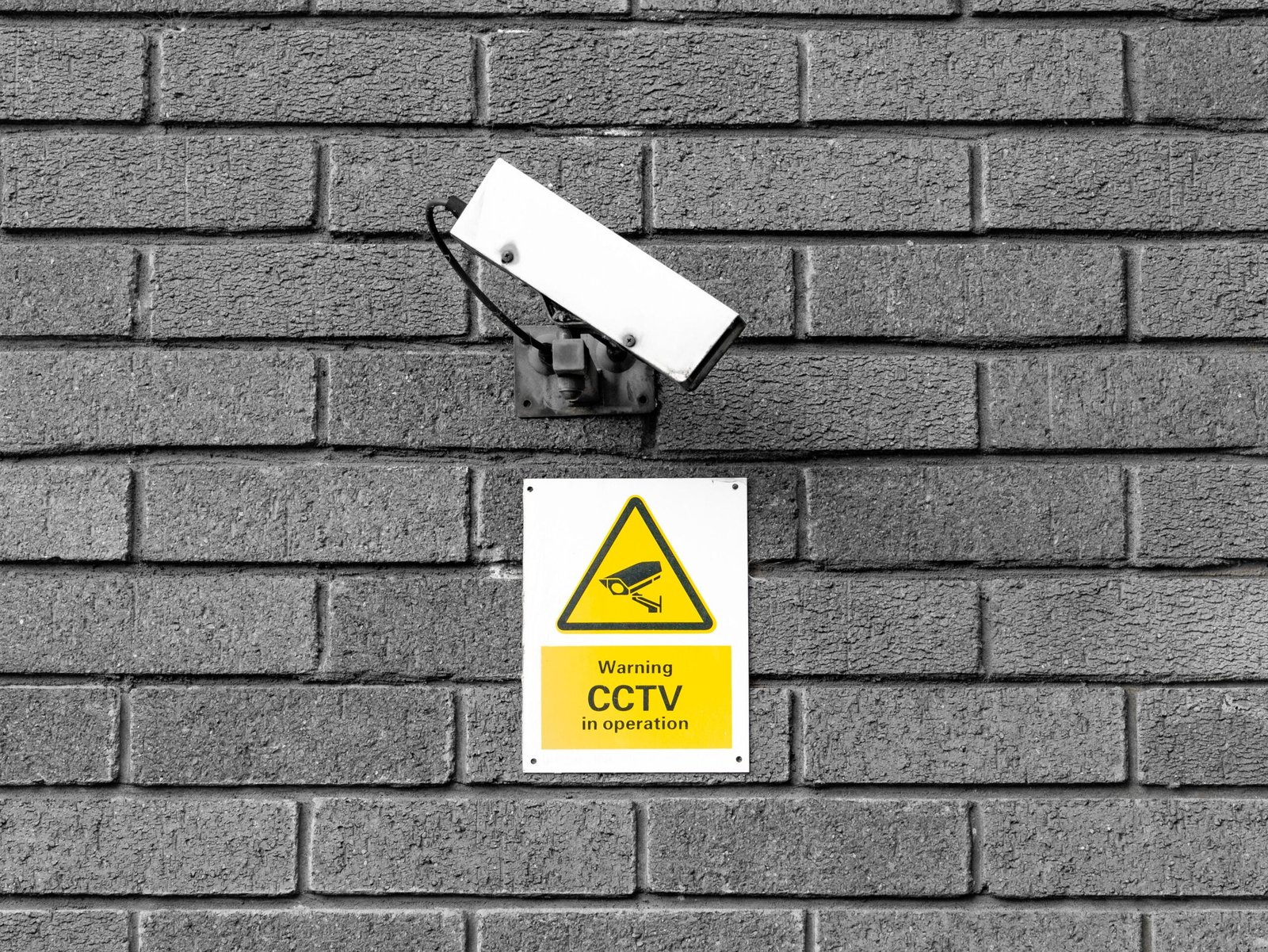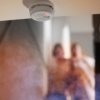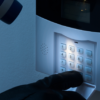The Security System Reporting Process
Many professional security systems include a police response feature. Your security system won’t directly contact the police any time a sensor triggers. The process is a bit more complex than that. First, the triggered sensor will alert your alarm control panel. Usually, the control panel will wait between thirty and sixty seconds before sending a
How Does the Police or Emergency Response Work?
Motion detectors and door/window sensors are activated, and your control panel is at the ready or “armed mode”. If someone were to break into your home or office, your alarm would sound—but who would respond if you weren’t home or couldn’t answer? The first step really is to verify physically or using the verification camera.
DIY vs Professional Systems
The police or emergency response feature is usually only available with security systems that are monitored by professional monitoring centers (CMS). DIY systems and home automation hubs are not connected to a monitoring call center, which is the party that usually notifies the emergency responders. With a self-monitored system, you’ll receive an alert directly from

What happens if the alarm panel power goes off?
If the power of the alarm panel goes off, the backup battery will take over the system until the charge is fully drained. At this point, the panel will not be able to function and the alarm system will not be able to send alarm event to the monitoring station. Additionally, any wired sensors or

False vs.Verified Alarms
There’s always a chance of a false alarm, either due to sensor malfunction or accidental alarm triggering. False alarms can waste precious resources for emergency responders—when responders have to check in on a false alarm, they’re not available to handle real emergencies. In order to reduce instances of unnecessary dispatch of responders, many security companies

How does the Central Monitoring Station (CMS) operates?
Our Central Monitoring Station (CMS) facility operates 24/7, staffed by trained operators who monitor and respond to alarms from various security systems, including CCTV systems, burglar alarms, and fire alarms. When an alarm is triggered, the CMS operator will receive the alarm signal and check the CCTV footage from the location of the alarm to

Importance of Having CCTV on your Home and Business
Having CCTV devices at home can also be important for a variety of reasons, including: Security: CCTV cameras can be used to monitor and deter criminal activity in and around a business, such as burglaries or trespassing. Surveillance: CCTV cameras can be used to monitor and track the movements of individuals within a specific area,

How Monitoring Works
Alarm monitoring is a process in which an alarm system is connected to a central monitoring station through a communication method, such as a phone line or a wireless connection. When the alarm is triggered, the central monitoring station is alerted and a trained operator will assess the situation. If the operator determines that there

How to Prevent False Alarms
A security system installed in your home or business communicates with our 24-hour monitoring center through ordinary telephone lines or, alternatively, through a cellular radio or direct internet connection. At the present time, the direct phone line connection is the most reliable method of communication. There are steps that you can take to help reduce

Testing of Alarm Devices
Testing of alarms is an important aspect of maintaining a functional and reliable alarm system. Alarms are used to alert individuals of potential dangers, such as fires, intrusions, and gas leaks, and it is crucial that they are able to function properly in order to effectively protect people and property. Here are five reasons why
Recent Comments
Popular Posts
Widget Banner




